Search results for null
Books
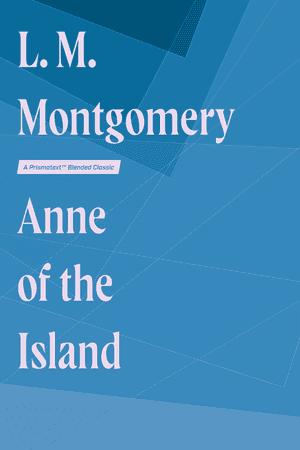
Anne of the Island
L. Montgomery
Anne of the Island is L. M. Montgomery's third book in the Anne of Green Gables series. It picks up after the events of Anne of Avonlea, and sees Anne leaving her home on Prince Edward Island to attend college in Nova Scotia.
For the first time in her life, Anne is able to experience her life as she sees fit. Though she had a fulfilling childhood and adolescence back in Green Gables, she must decide for herself how to best respond to the surprises that await her at Redmond College. Before her return to Green Gables, she'll develop lasting friendships, fret over suitors, and discover her own identity—which finally allows her to identify that her true love was always before her.
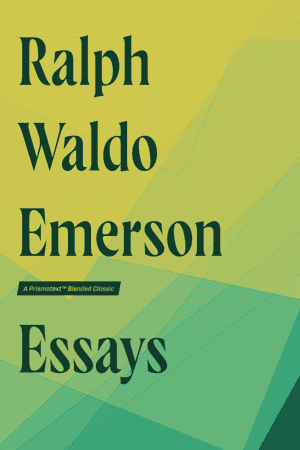
Essays
Ralph Emerson
Ralph Waldo Emerson was one of the forerunners of the American transcendentalist movement in the mid-1800s. At a time when the predominant spiritual theory stated that man was inherently evil, Emerson offered a counterpoint: that goodness was inherent in both man and nature, and to experience the mundane was in itself a spiritual experience.
This collection includes some of his most famous essays, including:
- The American Scholar
- Compensation
- Self-Reliance
- Friendship
- Heroism
- Manners
- Gifts
- Nature
- Shakespeare; Or, the Poet
- Prudence
- Circles
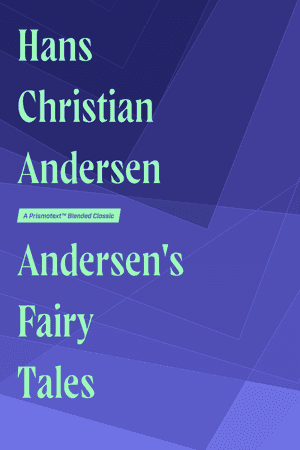
Andersen's Fairy Tales
Hans Christian Andersen
In his lifetime, Hans Christian Andersen attained greatness for his numerous plays and novels, but it is his fairy tales that brought him his most enduring fame. In fact, Andersen's stories are arguably the greatest example of the fairy tale genre, as their themes and principles are unique in their universal appeal. Today, Andersen's influence continues to reverberate through time, as his fairy tales find new life in retellings, remakes, and rehashings from storytellers around the world. Even Disney and Studio Ghibli pay homage to him through some of their most memorable productions.
This collection contains some of his most notable stories, including:
- The Emperor's New Clothes
- The Swineherd
- The Real Princess
- The Shoes of Fortune
- The Fir Tree
- The Snow Queen
- The Leap-Frog
- The Elderbush
- The Bell
- The Old House
- The Happy Family
- The Story of a Mother
- The False Collar
- The Shadow
- The Little Match Girl
- The Dream of Little Tuk
- The Naughty Boy
- The Red Shoes
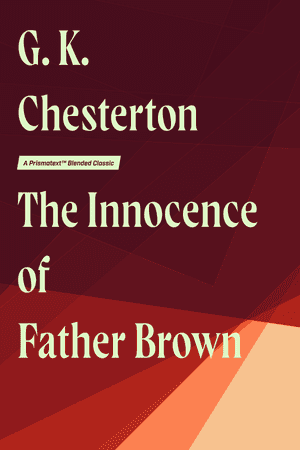
The Innocence of Father Brown
G. K. Chesterton
From Wikipedia:
Father Brown is a fictional Roman Catholic priest and amateur detective. He features in 53 short stories by English author G. K. Chesterton, published between 1910 and 1936. Father Brown solves mysteries and crimes using his intuition and keen understanding of human nature. Chesterton loosely based him on the Rt Rev. Msgr John O'Connor (1870–1952), a parish priest in Bradford, who was involved in Chesterton's conversion to Catholicism in 1922. Since 2013, the character has been portrayed by Mark Williams in the ongoing BBC Television Series Father Brown.
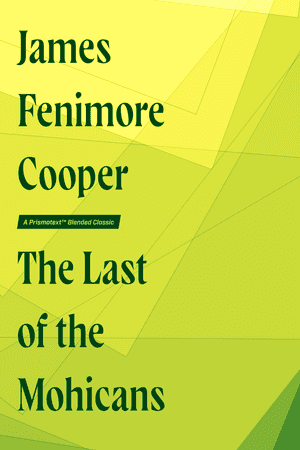
The Last of the Mohicans: A Narrative of 1757
James Fenimore Cooper
From Wikipedia:
The Last of the Mohicans: A Narrative of 1757 is an historical romance novel written by James Fenimore Cooper in 1826.
It is the second book of the Leatherstocking Tales pentalogy and the best known to contemporary audiences. The Pathfinder, published 14 years later in 1840, is its sequel; its prequel, The Deerslayer, was published a year after The Pathfinder. The Last of the Mohicans is set in 1757, during the French and Indian War (the North American theater of the Seven Years' War), when France and Great Britain battled for control of North America. During this war, both the French and the British used Native American allies, but the French were particularly dependent, as they were outnumbered in the Northeast frontier areas by the British. Specifically, the events of the novel are set immediately before, during, and after the Siege of Fort William Henry.
The novel is set primarily in the area of Lake George, New York, detailing the transport of Colonel Munro's two daughters, Alice and Cora, to a safe destination at Fort William Henry. Among the caravan guarding the women are the frontiersman Natty Bumppo, Major Duncan Heyward, singing teacher David Gamut, and the Indians Chingachgook and Uncas, the latter two being the novel's title characters. These characters are sometimes seen as a microcosm of the budding American society, particularly with regard to their racial composition.
The novel has been one of the most popular English-language novels since its publication and is frequently assigned reading in American literature courses. It has been adapted numerous times and in many languages for films, TV movies, and cartoons.
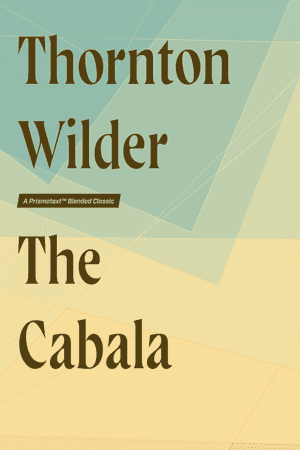
The Cabala
Thornton Wilder
The Cabala was Thornton Wilder's first novel, and cemented him as one of the greatest American writers of his day. In fact, two years after the publication of The Cabala, Wilder would go on to win a Pulitzer for his follow-up novel, The Bridge of San Luis Rey.
The Cabala, written as a semiautobiographical novel of Wilder's own experiences, captures the first-person observations an educated young American in post-World War 1 Rome. There, he's introduced to a group of intellectuals who, despite their storied past, are seeing their influence wane. But the group is charmed and intrigued by the narrator, whom they dub Samuele, and its members begin to treat them as their confidant in their myriad dramas.
Upon its release, The Cabala was lauded as a genre-defying masterpiece: it provokes in the reader a sense of fantasy in what would otherwise be a straightforward historical fiction.
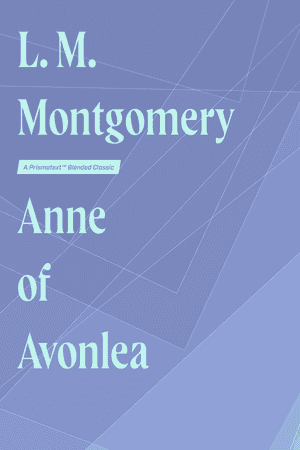
Anne of Avonlea
L. Montgomery
Anne of Avonlea picks up where Anne of Green Gables left readers. Anne, now sixteen years old, is now teaching at the nearby Avonlea school, while she simultaneously furthers her own studies alongside Gilbert. Anne's encounters with both her students and her neighbors prompt her to reflect on her own teaching methods, and the reader—through Anne—experiences many of the pains and joys associated with the teaching vocation.
Notably, Montgomery vocalizes her own criticisms of contemporary education methods through her work, electing to have her protagonist explore the merits and virtues of the work of education reformers like John Dewey.
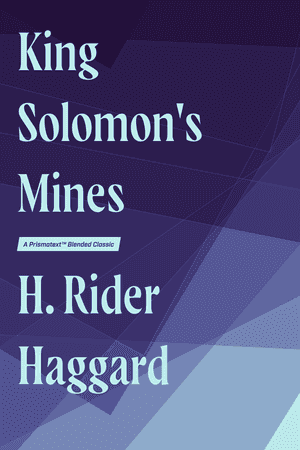
King Solomon's Mines
H. Rider Haggard
from Wikipedia:
King Solomon's Mines (1885) is a popular novel[1] by the English Victorian adventure writer and fabulist Sir H. Rider Haggard. It tells of a search of an unexplored region of Africa by a group of adventurers led by Allan Quatermain for the missing brother of one of the party. It is one of the first English adventure novels set in Africa and is considered to be the genesis of the lost world literary genre. Haggard dedicated this book to his childhood idol Humphry Davy.
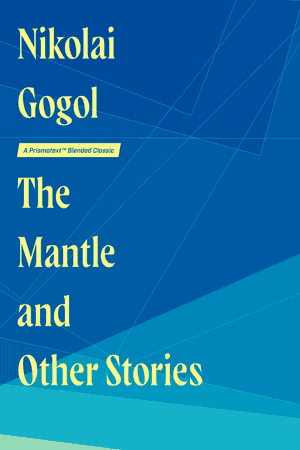
The Mantle and Other Stories
Nikolai Gogol
This collection of short stories from Ukrainian-born Russian author Nikolai Gogol assembles some of his greatest works into a single volume. Gogol, widely regarded by his contemporaries as the Father of Russia's Golden Age of Realism, is perhaps best known for his satirical short stories.
Gogol stands alone among short story authors in that each new publication outdid the one preceding it—and many along the way claiming the title of "Best Ever" from his contemporaries.
Included in this collection:
- The Mantle
- The Nose
- Memoirs of a Madman
- A May Night
- The Viy
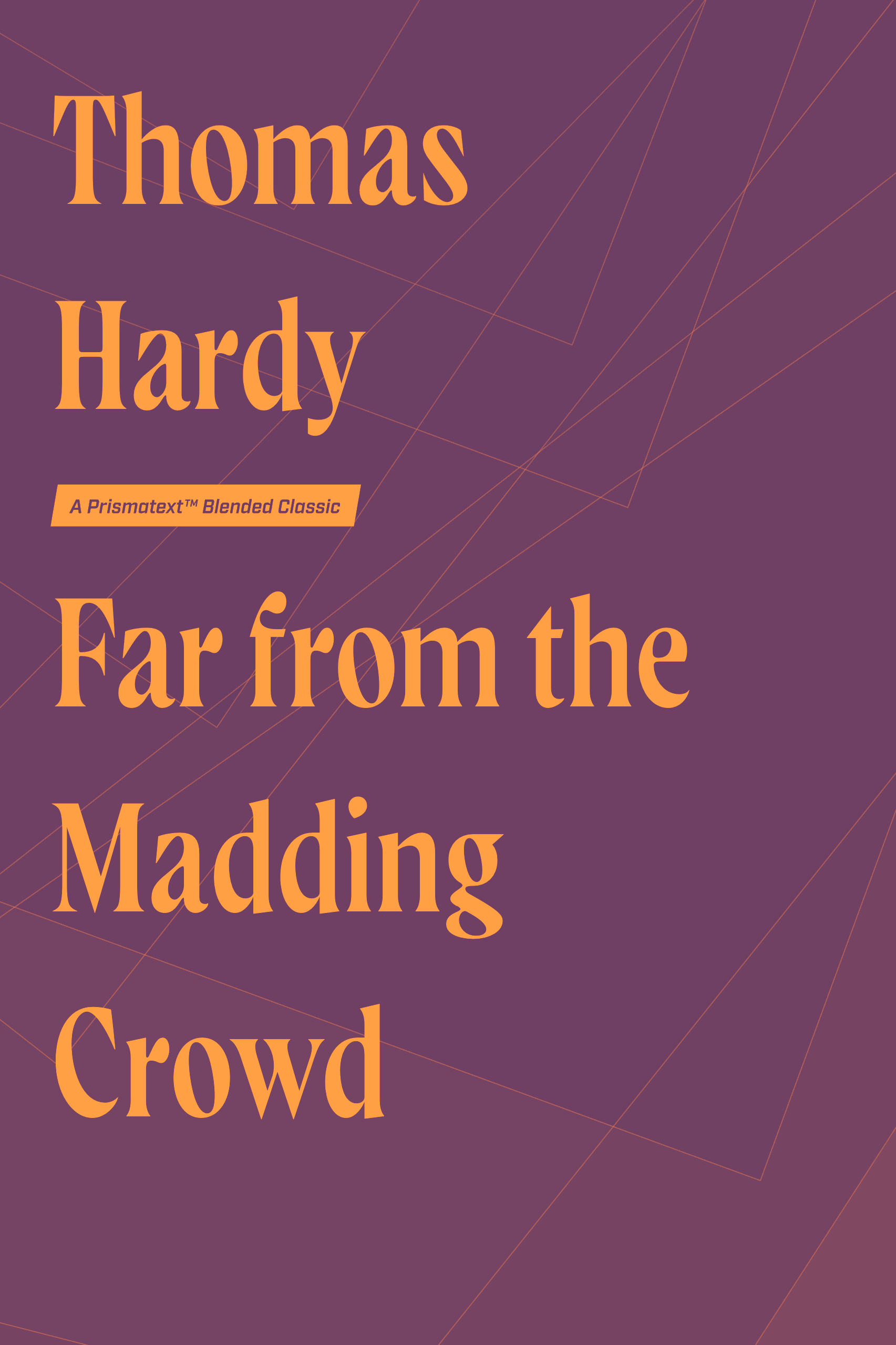
Far from the Madding Crowd
Thomas Hardy
From Wikipedia:
Far from the Madding Crowd (1874) is Thomas Hardy's fourth published novel and his first major literary success. It originally appeared anonymously as a monthly serial in Cornhill Magazine, where it gained a wide readership.
The novel is set in Thomas Hardy's Wessex in rural southwest England, as had been his earlier Under the Greenwood Tree. It deals in themes of love, honour and betrayal, against a backdrop of the seemingly idyllic, but often harsh, realities of a farming community in Victorian England. It describes the life and relationships of Bathsheba Everdene with her lonely neighbour William Boldwood, the faithful shepherd Gabriel Oak, and the thriftless soldier Sergeant Troy.
On publication, critical notices were plentiful and mostly positive. Hardy revised the text extensively for the 1895 edition and made further changes for the 1901 edition.
The novel has an enduring legacy. In 2003, the novel was listed at number 48 on the BBC's survey The Big Read, while in 2007, it was ranked 10th on The Guardian's list of greatest love stories of all time. The novel has also been dramatised several times, notably in the Oscar-nominated 1967 film directed by John Schlesinger.
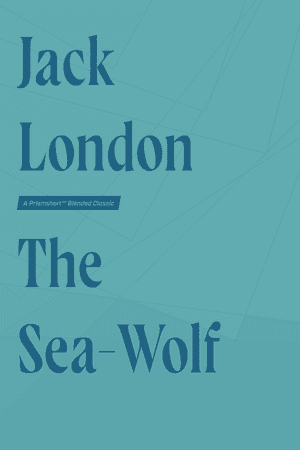
The Sea-Wolf
Jack London
From Wikipedia:
The Sea-Wolf is a 1904 psychological adventure novel by American writer Jack London. The book's protagonist, Humphrey Van Weyden, is a literary critic who is a survivor of an ocean collision and who comes under the dominance of Wolf Larsen, the powerful and amoral sea captain who rescues him. Its first printing of forty thousand copies was immediately sold out before publication on the strength of London's previous The Call of the Wild.[1] Ambrose Bierce wrote, "The great thing—and it is among the greatest of things—is that tremendous creation, Wolf Larsen... the hewing out and setting up of such a figure is enough for a man to do in one lifetime... The love element, with its absurd suppressions, and impossible proprieties, is awful."
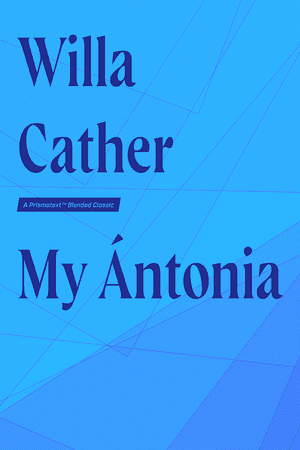
My Ántonia
Willa Cather
From Wikipedia:
My Ántonia (/ˈæntəniə/ AN-tə-nee-ə) is a novel published in 1918 by American writer Willa Cather, which is considered one of her best works.
The novel tells the stories of an orphaned boy from Virginia, Jim Burden, and the elder daughter in a family of Bohemian immigrants, Ántonia Shimerda, who are each brought as children to be pioneers in Nebraska towards the end of the 19th century. The first year in the very new place leaves strong impressions on both children, affecting them for life.
This novel is considered Cather's first masterpiece. Cather was praised for bringing the American West to life and making it personally interesting.